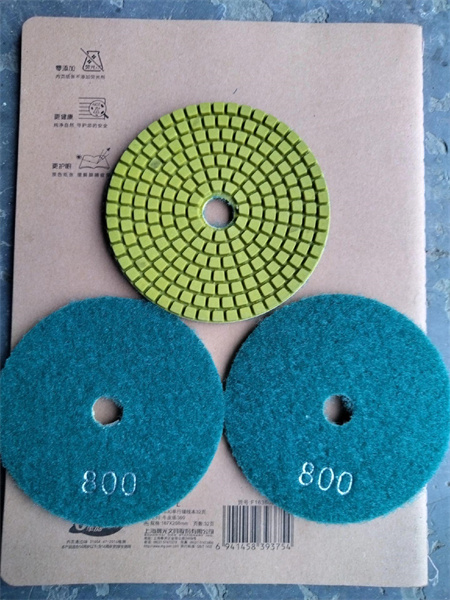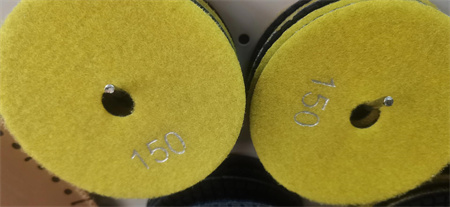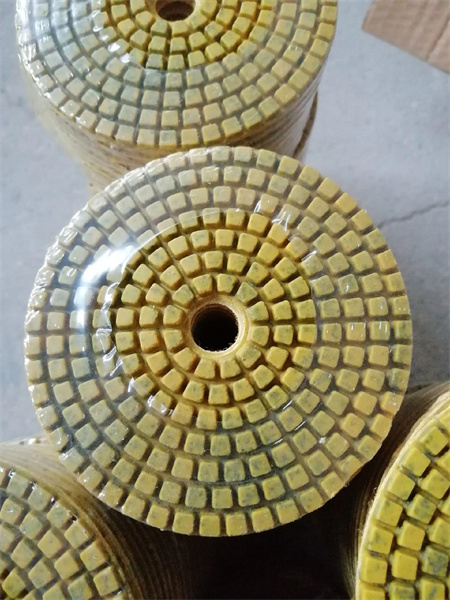Questions to Ask Your Polishing Pad Supplier Before Buying
Choosing the right polishing pad can make all the difference in achieving a flawless finish on your surfaces. Whether you’re polishing cars, countertops, or industrial equipment, the quality of your pad directly impacts the efficiency and outcome of your work. However, with so many options available, selecting the right supplier is just as important as choosing the perfect pad. To help you navigate this process and ensure you’re getting the best product for your needs, here are key questions to ask your polishing pad supplier before making a purchase.
What Types of Polishing Pads Do You Offer?
Understanding the variety of polishing pads a supplier offers is crucial. Different tasks require different types of pads, and choosing the right one can save you time, effort, and money. Ask about the materials used in their pads, such as foam, wool, or microfiber, and inquire about the specific functions of each type. For example, some pads are designed for heavy-duty tasks, while others are better suited for delicate surfaces. Having a clear picture of the range of products available will help you make a more informed decision based on your specific needs.
What Is the Durability of Your Polishing Pads?
Durability is an important factor when selecting a polishing pad, especially if you’re working on large projects or in a professional setting. The last thing you want is a pad that wears down too quickly, requiring frequent replacements and impacting your workflow. Ask your supplier about the longevity of their pads, and if possible, request any data or case studies showing how their pads perform over time. A high-quality pad should offer a good balance between performance and lifespan, ensuring you get the most value for your investment.
How Do Your Polishing Pads Perform with Different Products?
Different types of polishes, waxes, or compounds may work better with certain pads than others. Ask your supplier whether their pads are compatible with various products and if they have recommendations for specific combinations. A good supplier will provide insights on how their pads work with different polishing compounds and how this affects the final finish. For instance, some pads may be ideal for applying a high-gloss finish, while others are better for cutting through deeper scratches. Understanding these nuances will help you match the right pad with the right product.

Safety is always a priority when working with any power tool or accessory, and polishing pads are no exception. Inquire about the safety features of the pads, such as whether they have reinforced edges to prevent them from deteriorating during use or if they’re designed to reduce the risk of overheating. A reputable supplier will provide you with clear information on how their products meet safety standards and what precautions should be taken during use. This will not only ensure the safety of your equipment but also help you avoid accidents that could delay your projects.
Can You Provide Samples for Testing?
Before committing to a bulk order, it’s a smart idea to ask for a sample of the polishing pads to test them on your specific projects. A reliable supplier should be willing to send you a few pads to assess their quality and suitability for your needs. Testing the pads in real-world conditions will give you a better understanding of their performance, durability, and overall quality. If a supplier is hesitant or unwilling to offer samples, it could be a red flag that they may not have full confidence in the products they are selling.
What Is the Pricing Structure?
Pricing is, of course, a critical consideration, but it’s important to not just focus on the upfront cost. Ask the supplier about their pricing structure, including any discounts for bulk purchases or long-term contracts. Some suppliers may offer better rates for high-volume orders or repeat business. Additionally, inquire about the cost of shipping, any hidden fees, or warranties that may apply. While it’s tempting to go for the cheapest option, sometimes paying a bit more upfront for a higher-quality product can save you money in the long run by reducing the need for frequent replacements.
What’s Your Return and Warranty Policy?
Things don’t always go as planned, and sometimes a polishing pad may not meet your expectations or may be defective. Before making a purchase, find out what kind of return or warranty policy the supplier offers. A trustworthy supplier will have a clear, reasonable return policy and will stand behind their products. Ask if they offer any warranty period for their pads and what the process is for returns or exchanges. Knowing this ahead of time can give you peace of mind and protect your investment if something goes wrong.

Finally, you’ll want to know how quickly you can expect delivery after placing an order. Depending on your project timelines, a delayed shipment can be a significant setback. Ask about the supplier’s average delivery times and whether they offer expedited shipping if needed. Make sure they can meet your deadlines so that you don’t face unnecessary delays in your work.
